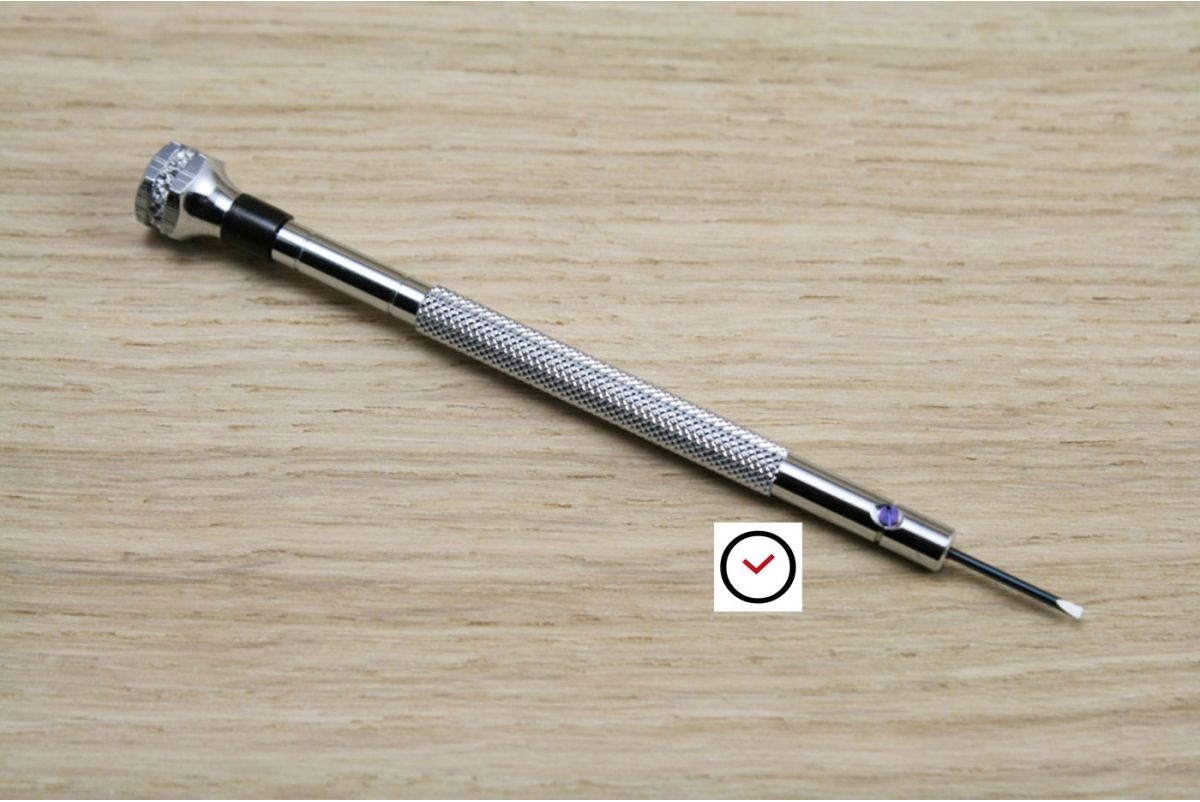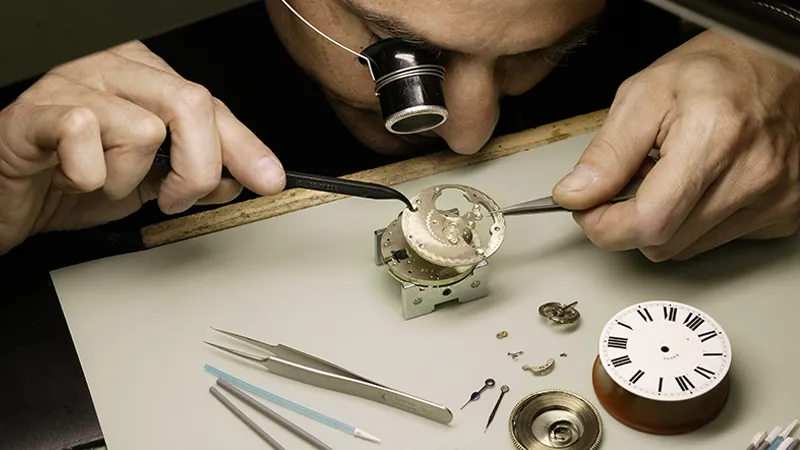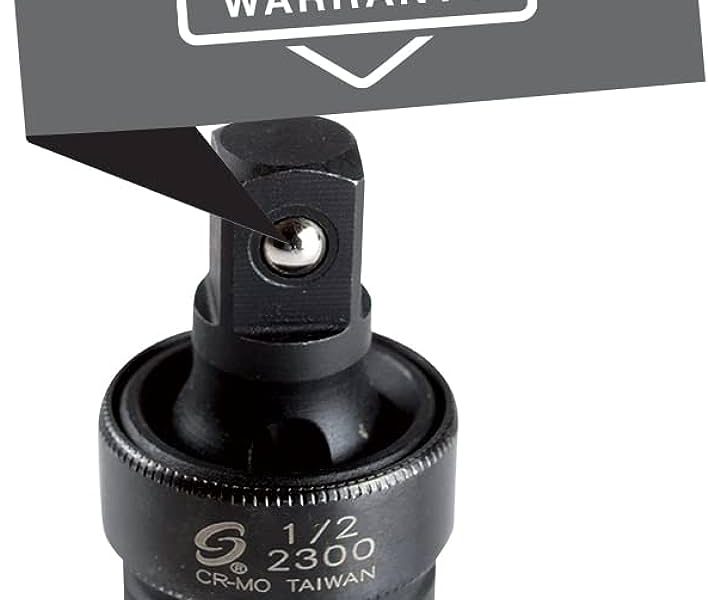Precision tools like screwdrivers, tweezers, loupe, and a watchmaker’s lathe are essential for watchmaking. Watchmaking requires the use of several precision tools such as screwdrivers for delicate screws, tweezers for handling small components, a loupe for magnification, and a watchmaker’s lathe for precision machining.
These tools enable watchmakers to work with intricate watch movements and delicate parts, ensuring precise timekeeping and functional timepieces. With the right tools at their disposal, watchmakers can execute their craft with accuracy and precision, creating timepieces that are both aesthetically pleasing and reliable.

Credit: www.esprit-nato.com
Essential Tools For Watchmaking
Discover the essential precision tools required for watchmaking. From screwdrivers to tweezers, these tools are crucial for achieving accuracy in watch repair and maintenance.
Watchmaking is a delicate craft that requires precision and attention to detail. To ensure the highest level of accuracy and craftsmanship, watchmakers rely on a range of specialized tools. In this section, we will explore the essential tools used in watchmaking, including the Watchmaker’s Screwdriver Set, Tweezers, and Loupe.
Watchmaker’S Screwdriver Set:
- Watchmakers use a precision screwdriver set that includes various interchangeable tips. This set allows them to work with different watch parts that require different screwdriver sizes.
- The tips of these screwdrivers are designed to fit small screws commonly found in watch movements and cases.
- The screwdrivers are made of high-quality materials to ensure durability and prevent damage to delicate watch components.
- By using the right screwdriver size, watchmakers can effectively and safely tighten or loosen screws during assembly or repairs.
Tweezers:
- Tweezers are an essential tool for watchmakers for handling small and delicate watch parts with precision.
- They are specially designed with fine, pointed tips to grasp tiny components such as springs, screws, and jewels.
- Watchmakers often use tweezers made of non-magnetic materials, such as stainless steel or titanium, to avoid any interference with the delicate workings of the watch.
- The tips of the tweezers can be straight or angled, allowing for flexibility and ease of manipulation during intricate watch repairs.
Loupe:
- A loupe is a magnifying tool used by watchmakers to examine and inspect watch components with great detail.
- It typically has a high-powered lens and is portable, allowing for easy use in various tasks such as examining the watch movement and inspecting the dial for imperfections.
- The use of a loupe enables watchmakers to identify any minute flaws or irregularities that may affect the watch’s accuracy or aesthetic appearance.
- With the magnification provided by the loupe, watchmakers can perform precise adjustments and repairs to ensure the watch is in optimal working condition.
In the world of watchmaking, precision is paramount. The essential tools of a watchmaker, such as the Watchmaker’s Screwdriver Set, Tweezers, and Loupe, play a vital role in achieving the meticulous craftsmanship required in this art form. These specialized instruments enable watchmakers to handle intricate watch parts with accuracy and finesse, ensuring the creation of timepieces that stand the test of time.
Specialized Tools For Watchmaking
Precision tools play a critical role in watchmaking, ensuring accuracy and quality. Specialized tools like tweezers, screwdrivers, and magnifiers are indispensable for intricate tasks such as assembling, repairing, and adjusting watches. These tools enable watchmakers to work with precision and ensure the reliability and longevity of timepieces.
Watchmaking requires precision and attention to detail. To ensure the perfect functioning of a timepiece, watchmakers rely on a range of specialized tools. These tools not only facilitate the assembly and maintenance of watches but also contribute to the overall quality and accuracy of the timepiece.
Among the essential precision tools for watchmaking are Bergeon Hand Removers, Movement Holders, and Case Openers. Let’s delve into each of these tools and understand their significance in the intricate world of watchmaking.
Bergeon Hand Removers:
- Swiss watchmaker Bergeon offers a range of hand removers that are a staple in the watchmaking industry.
- Hand removers are used to delicately lift and remove watch hands when disassembling and reassembling a timepiece.
- They come in different dimensions, allowing watchmakers to select the appropriate tool for each specific watch.
- The precision and finesse of the hand removers ensure minimal damage to the watch hands and dial during the process.
- These tools play a crucial role in adjusting the time accurately and facilitating maintenance and repairs.
Movement Holder:
- A movement holder is an indispensable tool that holds a watch movement securely in place during various watchmaking tasks.
- Usually made of durable and non-scratch materials, the movement holder protects the delicate components of the movement during handling.
- It provides stability and accessibility to different parts of the movement for assembling, disassembling, or performing necessary adjustments.
- The movement holder also aids in achieving precise alignments, allowing watchmakers to work with meticulous accuracy.
- With different sizes and designs available, watchmakers can select the most suitable holder for specific watch movements.
Case Opener:
- When it comes to accessing the internal components of a watch, a case opener is a must-have tool for a watchmaker.
- This tool allows the safe and efficient opening of watch cases, which is necessary for repairs, maintenance, or even battery replacements.
- Case openers come in various types, such as wrenches, knives, or specialized tools designed for specific watch cases.
- Using the appropriate case opener eliminates the risk of damaging the watch case, ensuring its integrity and aesthetics.
- Watchmakers rely on these tools to gain access to the intricate mechanisms inside the watch, enabling them to perform the necessary tasks accurately.
In the world of watchmaking, having the right precision tools is crucial. Bergeon Hand Removers, Movement Holders, and Case Openers are just a few examples of the specialized tools that contribute to the intricate art of watchmaking. These tools embody the precision, craftsmanship, and attention to detail required in creating and maintaining timepieces of exceptional quality and accuracy.
Advanced Tools For Watchmaking
Advanced tools for watchmaking require a range of precision instruments to ensure accuracy and fine craftsmanship. From micrometers and tweezers to loupes and hand levers, these tools play a crucial role in the intricate process of watchmaking. With their meticulous design and superior quality, these tools contribute to the creation of exceptional timepieces.
Watchmaking is a delicate craft that requires precision, skill, and the right tools. In order to create and repair timepieces, watchmakers rely on a set of advanced tools that ensure accuracy and efficiency. In this section, we will explore three essential tools for watchmaking: the Demagnetizer, the Watch Cleaning Machine, and the Watch Tester.
Demagnetizer:
- Demagnetizing is a critical process in watchmaking, as magnetization can disrupt the accuracy of a timepiece. The demagnetizer is a tool designed to remove unwanted magnetic fields from watch parts.
- How does it work? The demagnetizer generates a reverse magnetic field that neutralizes the magnetism in the watch components. This helps to ensure that the watch keeps accurate time.
- By using a demagnetizer, watchmakers can prevent problems that arise from magnetized components, such as erratic timekeeping or a complete stoppage.
Watch Cleaning Machine:
- A clean watch is a well-functioning watch. The watch cleaning machine is an indispensable tool that helps watchmakers maintain the integrity and performance of timepieces.
- How does it work? The watch cleaning machine uses a combination of solutions and ultrasonic vibrations to remove dirt, oils, and debris from watch parts. It thoroughly cleans both exterior and interior components, including the dial, movement, and case.
- Regular cleaning with a watch cleaning machine not only improves the aesthetic appeal of the watch but also ensures its proper functioning and longevity.
Watch Tester:
- Accurate timekeeping is crucial in watchmaking, and the watch tester is the tool that ensures a watch meets the highest standards of precision.
- How does it work? The watch tester measures the performance of a timepiece by analyzing its accuracy, amplitude, and beat error. It simulates different positions and movements to assess how the watch functions under various conditions.
- By using a watch tester, watchmakers can detect any inaccuracies or irregularities in a watch’s mechanics and make the necessary adjustments to improve its precision.
Advanced tools such as the Demagnetizer, the Watch Cleaning Machine, and the Watch Tester play a vital role in the meticulous craft of watchmaking. These tools enable watchmakers to maintain accuracy, cleanliness, and functionality, ensuring that timepieces meet the highest standards of quality and performance.
Frequently Asked Questions On What Precision Tools Are Needed For Watchmaking?
What Tools Do I Need To Work On Watches?
To work on watches, you need a set of tools specifically designed for watch repair and maintenance.
What Are Watch Staking Tools?
Watch staking tools are tools used for tightening or securing watch straps or bracelets.
What Is A Watchmakers Topping Tool?
A watchmakers topping tool is a device used to shape and size the external diameter of a balance wheel.
What Skills Do You Need For Watchmaking?
To become a watchmaker, you need a blend of skills including dexterity, attention to detail, knowledge of horology, and fine motor skills.
Conclusion
Now that you have a clear understanding of the precision tools required for watchmaking, you can appreciate the intricate craftsmanship involved in creating these timepieces. These tools, such as screwdrivers, tweezers, and watchmaker’s loupes, play a crucial role in ensuring the accuracy and functionality of watches.
Each tool has its specific purpose, whether it’s adjusting the movement or assembling delicate components. As a watchmaker, having the right tools in your arsenal is essential for achieving precision and perfection in your work. Investing in high-quality tools and regularly maintaining them is key to delivering excellent results.
Remember, watchmaking is an art that requires not only skill and knowledge but also the right tools to bring timepieces to life. So, be mindful of the tools you choose and utilize them skillfully to create beautiful watches that will stand the test of time.


